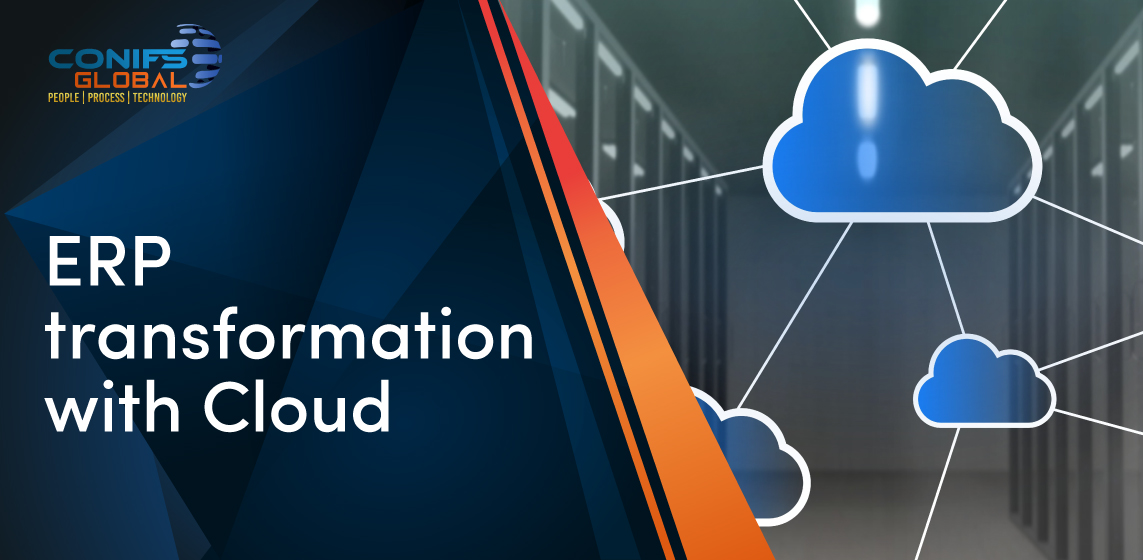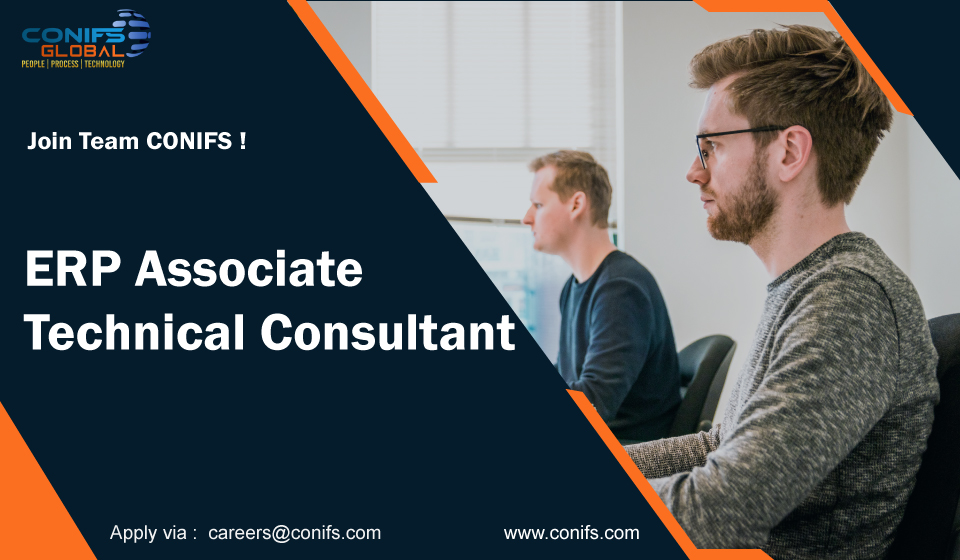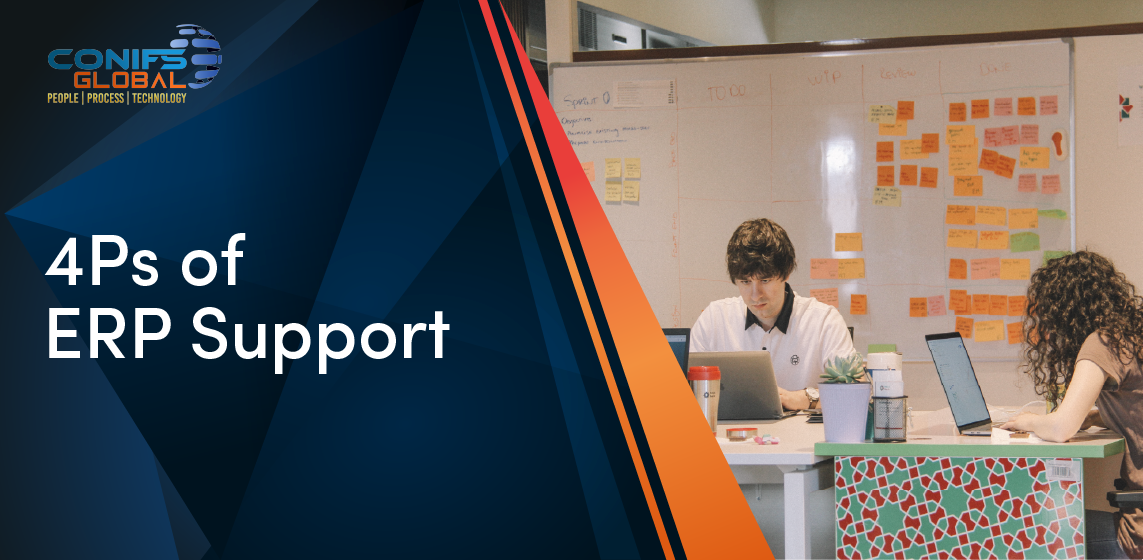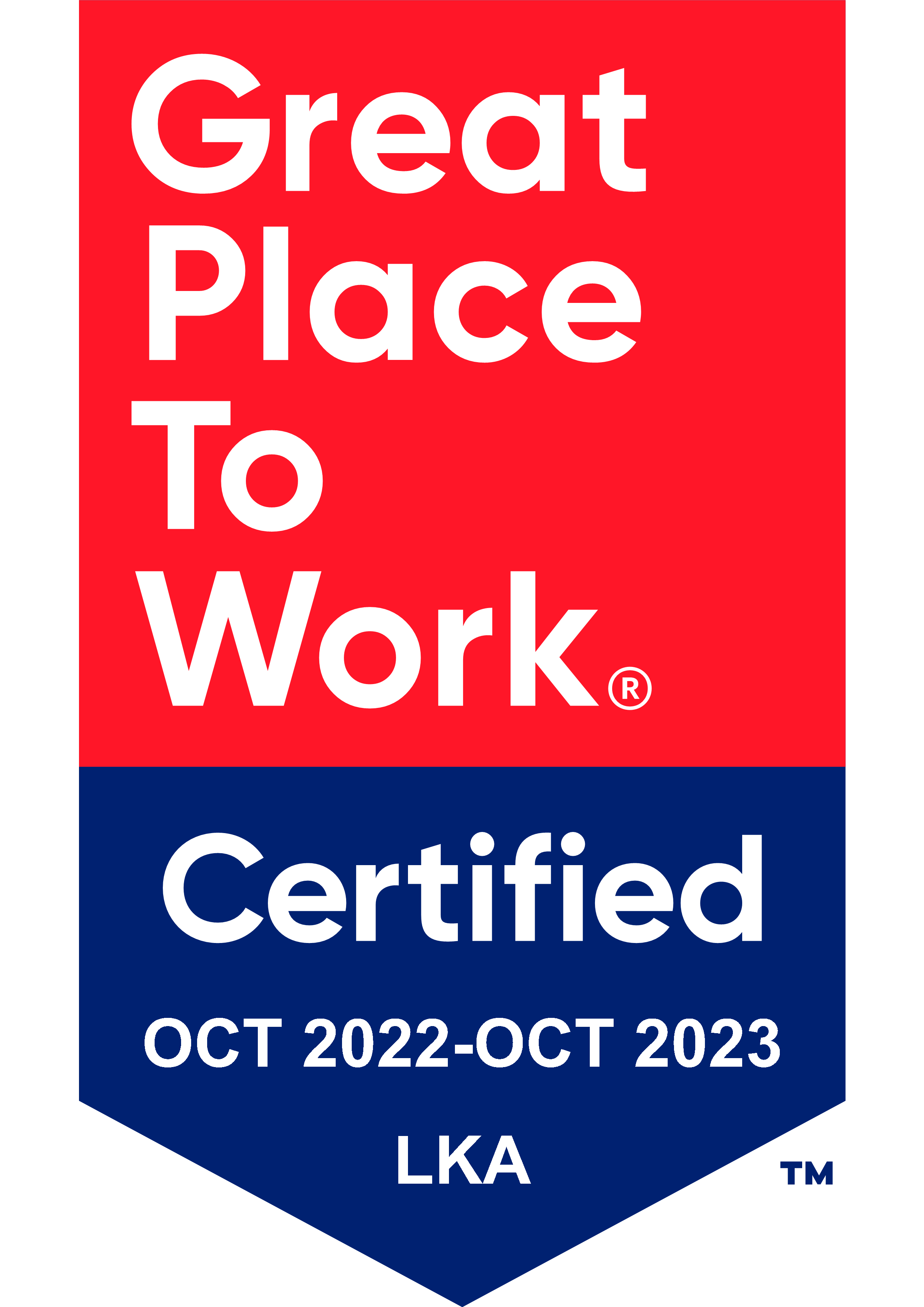About Us:
CONIFS is an ERP and IT services company and our customers are in Europe, Australia, and Sri Lanka. We have two branches in Sri Lanka, Dubai and Denmark. And we are WSO2 and Boomi’s official partner. CONIFS is an innovative and fast-growing company which have a flat organizational culture everyone likes to help each other and has an unpretentious attitude. You will be a part of a team together with highly competent and experienced colleagues who engage in exciting assignments, and you will get great development opportunities to skills up your development skills. We are a Great Place to Work® certified company and we have pegged our employee salaries in Euro to absorb the effect of inflation in Sri Lanka. And we have allowed all our employees to fully work from home. Also, we offer competitive benefits, opportunities, and compensation based on competency and performance.
During this internship/job, you’ll learn the basics of Software Engineering in a real-world setting, working together with industry experts and taking on live projects.
We expect that you will have gathered the knowledge, skills, and attitude required to work next to industry experts, technology experts, analysts, and our global customer teams to take your career forward.
What you’ll be doing/learning:
- Hands-on experience in the full software development lifecycle and design and development of small-scale applications.
- Hands-on experience in programming and resolving customer incidents in Enterprise Resource Planning systems
- Participate in requirement gathering and architecture discussions with development and business teams.
- Work on setting up development environments and gain exposure to the Dev-Ops practice.
- Support senior technical consultants to design, develop, performance tuning, and technical investigations.
- Gain experience working in globally distributed teams.
- Agile Practices in the real tech world
- Improve communication skills and understand the dynamics of working in a team.
Experience and Qualifications:
- Fresh graduate/Undergraduate student in IT, Computer Science, Software Engineering, or equivalent.
- Knowledge of basic programming and design patterns.
- Knowledge of database concepts and SQL queries.
- Knowledge of software development concepts.
- Basic knowledge of HTML, CSS, and JavaScript
- Basic understanding of Agile concepts.
- Good knowledge of OOP concepts.
- Experience using web programming languages such as React JS/ Node / MVC /C# Asp.Net will be an added advantage.
- Basic understanding of cloud-based environments such as Azure/AWS.
- Source Code Management experience (Bit bucket / Git Hub / Azure Repos).
- Excellent communication and problem-solving skills.
- Excellent time management skills.
- Multi-tasking skills.






